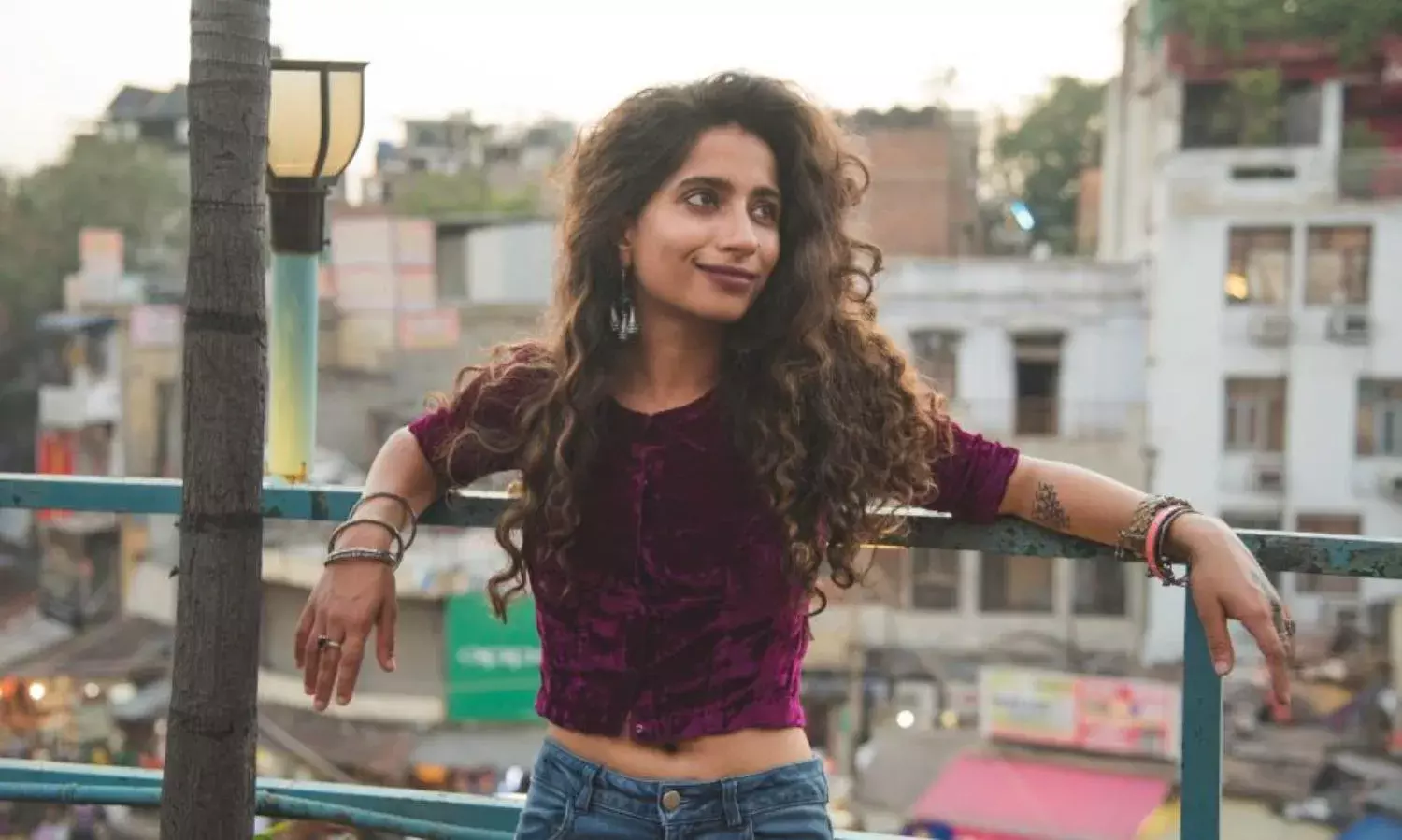‘The Spirit of Art’ with Bawari Basanti
We speak to musician Mahima Dayal ahead of our event on the indie music scene

TheCitizen.in is hosting a panel discussion on the independent music scene in India, on June 20th, 6 pm, at Oxford Bookstore, New Delhi. Mahima Dayal, known musically as Bawari Basanti, is on the panel. We speak to Mahima about independent music and her journey thus far.
Coming from a musical family - as she describes it - Mahima Dayal was all set to be a journalist after graduating from the Asian College of Journalism. From the very start at her new job, she felt like something was missing... something that was very integral to who she was.
Aged 12, Dayal, used to hover around as her grandmother took music classes. It was from the legacy of the melodies sung on Sunday afternoons and at family gatherings, that Bawari Basanti was to be born.
Mahima says, “Dadi told me it’s always better to have an extra talent. She would tell me to learn music but I just subconsciously consumed a lot of it without actually trying.” Although, Mahima sang as a hobby and even appeared for music exams, it was not her plan to pursue music as a career until she quit her job and applied to Swarnabhoomi Academy of Music in Chennai. There she found a group of diverse musicians who helped her break out of her Indian classical genre mould which is something she wanted to do for a long time.
“I never wanted to be a conventional classical Hindustani singer, because ragas are anyway limited and all you can do is give your expertise to something that already exists. And here at the academy I found such a learning curve, we would sit and sing Beethoven till four in the morning,” Mahima says.
Although her music finds its roots in classical hindustani she writes all her music in simplified hindi or urdu. Describing it as soul music, she says “If I’m able to speak in a language that our generation speaks then there’s that instant connection, like in rap. I’m writing these small slam poetry like couplets in a language that I think in. My entire life has taught me to say what I think and I don’t think in classical music, I think in hindi or english or urdu. So while classical music is part of the music I make, I don’t sell myself as an Indian Classical Hindustani singer”
Mahima talks about the importance of honesty and originality in music saying, “There is art and then there is the spirit of art. A lot of people have talent but it only matters if you’re using that to say your truth and I have only begun to find my voice.” Her new EP “Underwater” traces her journey from battling mental health issues to finally accepting yourself with all your flaws. While talking about her new EP, she told The Citizen, “Two years ago, I was singing about trees, the weather and all of that conventional stuff which has already been said before. With the new EP, I have tried to give words to common problems, depression and anxiety, you know, the everyday struggles that each of us feel in some capacity. Every song is an emotional buildup from the one before.”
Her favourite song from the EP is Chale Kahin which essentially talks about being at peace with the never ending struggles in life. She says, “It’s about the bittersweet feeling, that you’re going towards your goal but something within yourself keeps pulling you back.” The song according to her reiterates the fact that you are your worst enemy and your biggest trigger. “At the end of the day, no one can make you feel small if you are comfortable with yourself. You have to fight your own demons”, she says.
Talking about the space that is provided to female artists in the independent music scene, she says, “There’s a lot of space but you need to find your own voice and know what you want to do. A lot of people have also fetishised my voice calling it “exotic” as it has a very raspy and raw sound to it, so initially I got a lot of offers for features and collaborations. I even did jingles, ad films and ghostwriting by the side because as artists it is hard to get paid and you take whatever you get. But a year back I realised that I need to do this seriously so I learnt production and did everything myself. The EP is completely homegrown.”
Bawari Basanti connects with her audience on matters they resonate with. Her song Izhaar talks about the taboos on public display of affection. She also understands the need to be socially informed. “My music is deeply personal but there are certain things that everyone goes through and that is how it connects to larger issues and a lot of people. I try not to generalise things but I don’t want to be over political just for the sake of having an opinion and misspeak on something I’m uninformed about because there are so many angles to so many issues.”
After the release of her EP “Underwater”, Bawari Basanti will be touring Lucknow, Kolkata, Bangalore, Pondicherry and Delhi. You can find her EP on all streaming services from the 21st of June.
Join us on June 20, 6 pm, at Oxford Bookstore, Connaught Place, New Delhi. Don’t forget to RSVP by filling out this form.
(Photos of the artist are by Saurav Nanda)



